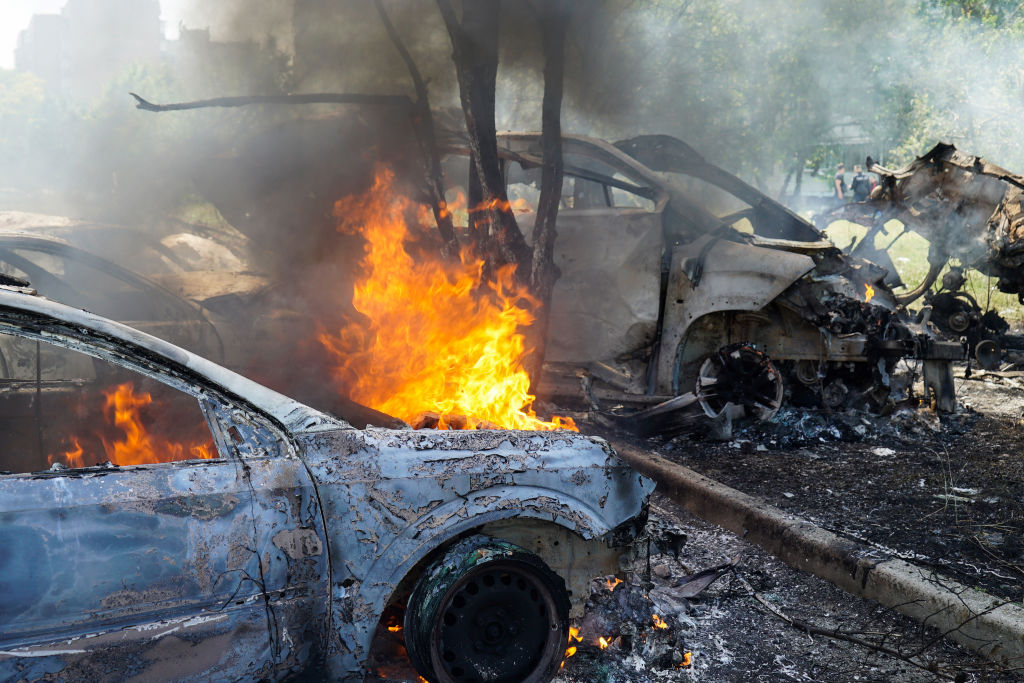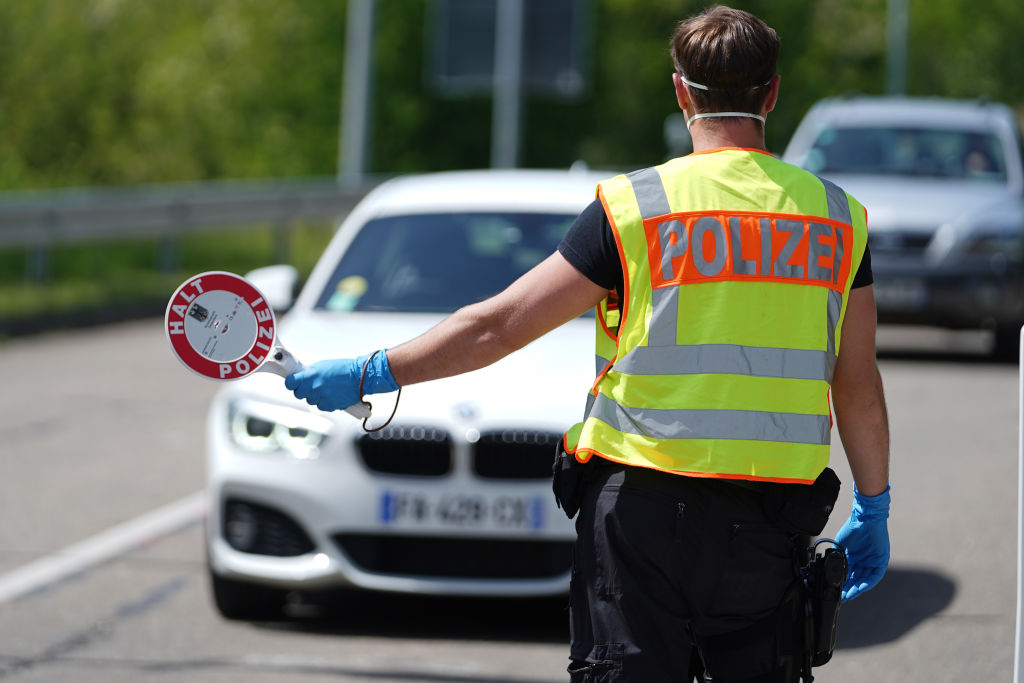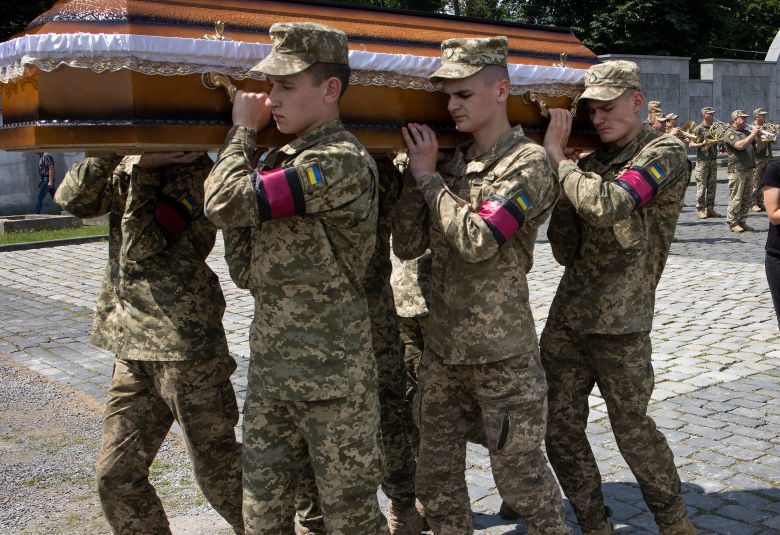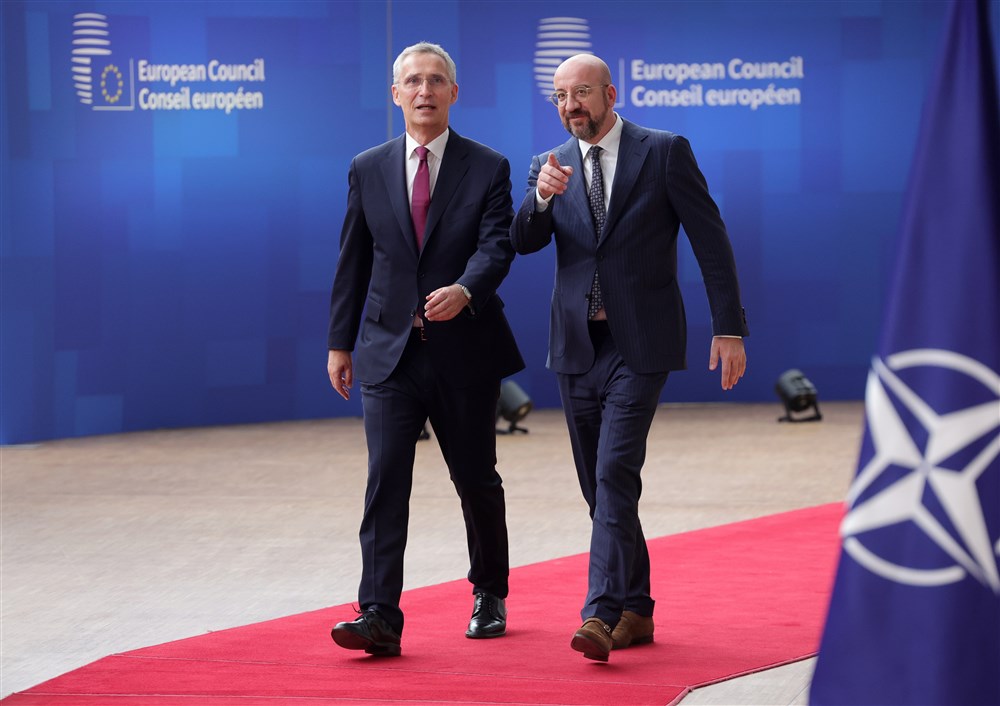The European Council has rebuffed calls for Austria to be sanctioned by the European Union after allowing several Russian officials to enter the country.
The sanctions demand was made in relation to an Organisation for Security and Co-operation in Europe (OCSE) meeting that took place in the Austrian capital Vienna earlier this year. Austria allowed a large number of Russian officials to attend the conference despite many of them being subject to strict EU sanctions.
Writing to the Council, Romanian MEP Vlad Gheorghe slammed Austrian officials for allowing the Russians in, deriding the move as an “alarming case of abuse of sanctions derogations” that “undermines” the EU’s sanctions regime.
He then pressed Council members on what penalties the body was planning to impose on Austria, asking if the country would have its voting rights in the Council frozen in response to the Russian visit.
In reply, the Council acknowledged that there were sanctions on certain Russian officials attending the OCSE conference.
Contrary to the Gheorghe’s claims, the body added that EU sanctions did not apply in the Vienna case, with “appropriate exemptions” being in place when EU Member States have a legal obligation to let sanctioned individuals enter their territory.
“The OSCE Parliamentary Assembly stated publicly that the issuance of visas to delegates was not a matter of discretion, but a question of a legal obligation for Austria,” the Council wrote in response.
“In keeping with Austria’s obligation under international law, the national competent authorities of Austria were required to authorise the entry into the Austrian territory of individuals subject to the EU restrictive measures for the purpose of attending the OSCE Parliamentary Assembly in Vienna on 23‐24 February,” it added.
The Council went on to insist that Austria’s actions were “in line” with EU sanctions rules.





